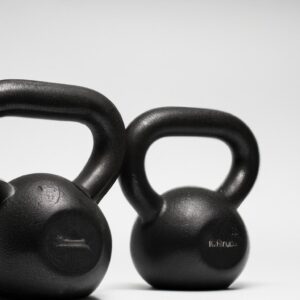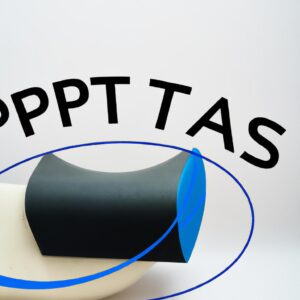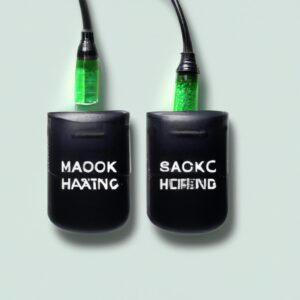The Science Behind Cold Water Immersion: Physiological Responses and Benefits for Recovery
The Science Behind Cold Water Immersion: Physiological Responses and Benefits for Recovery
Athletes and fitness enthusiasts increasingly use cold water immersion for recovery. Many claim it reduces soreness, inflammation, and enhances well-being. But what does science reveal about cold water immersion? Understanding its physiological responses and benefits helps you make informed recovery decisions. This blog explores the science behind cold water immersion and its effects on muscle recovery and nutrition strategies.
What Happens in Cold Water Immersion?
Immersing your body in cold water triggers immediate physiological responses. Vasoconstriction occurs, constricting blood vessels to reduce blood flow to extremities. This process preserves core temperature, essential for vital organ function.
As your body adapts to the cold, your heart rate decreases. The parasympathetic nervous system primarily triggers this response, promoting relaxation and recovery. Cold water exposure also releases endorphins, the body’s natural painkillers, alleviating discomfort and enhancing well-being.
How Cold Water Affects Muscle Recovery
Cold water immersion significantly aids muscle recovery. Intense exercise causes micro-tears in muscle fibers, resulting in soreness and inflammation. Cold water immersion mitigates these effects by reducing swelling and inflammation.
Additionally, cold water immersion enhances your body’s ability to flush metabolic waste products, such as lactic acid. This efficiency becomes particularly beneficial after high-intensity workouts, leading to faster recovery and a quicker return to peak performance.
Nutrition Tips for Enhanced Recovery
Incorporating proper nutrition alongside cold water immersion amplifies its effects. A balanced diet rich in protein, carbohydrates, and healthy fats supports muscle repair and overall recovery, making cold exposure more effective.
Prioritize Protein
Protein serves as a crucial macronutrient for muscle recovery. It provides amino acids necessary for muscle tissue repair. Focus on lean protein sources like chicken, fish, beans, and legumes. Consuming protein within 30 minutes after immersion optimizes recovery, replenishing necessary amino acids.
Stay Hydrated
Hydration plays a vital role in recovery, especially after cold water immersion. Cold exposure can temporarily decrease body heat, potentially causing dehydration after intense workouts. Drink plenty of water before and after immersion to maintain hydration levels. Electrolyte-rich beverages also help replenish lost minerals.
Exercise Advice for Optimal Results
Consider your training routine and how cold water immersion fits into it. Tailor your immersion sessions to your specific recovery needs for optimal results.
Conclusion
Cold water immersion offers significant physiological benefits for recovery. Understanding these effects and incorporating proper nutrition can enhance your recovery routine.
Below are related products to the topic if you’re interested:
FAQ
What is the main topic of the blog post?
The blog post primarily discusses the benefits and strategies of effective time management in both personal and professional settings.
How can I improve my time management skills?
You can improve your time management skills by setting clear goals, prioritizing tasks, creating a daily schedule, and utilizing tools like calendars and to-do lists to stay organized.
Are there any recommended tools for time management mentioned in the post?
Yes, the blog post recommends various tools such as digital calendars, task management apps, and time-tracking software to help individuals manage their time more effectively.















Post Comment